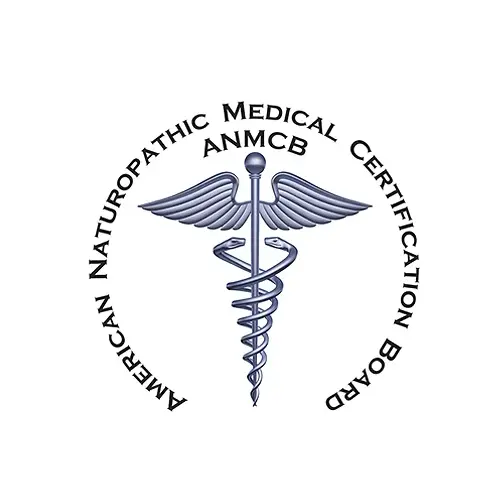Holistic Dentistry
Are you looking for anxiety-free, holistic dental care?
Holistic dentistry, also known as natural or biological dentistry, emphasizes the connection between dental health and overall wellness. Our licensed dentists are trained in conventional dental practices and further specialize in holistic healing methods. We focus on preventing dental issues such as gum disease and cavities through personalized care and natural treatments.
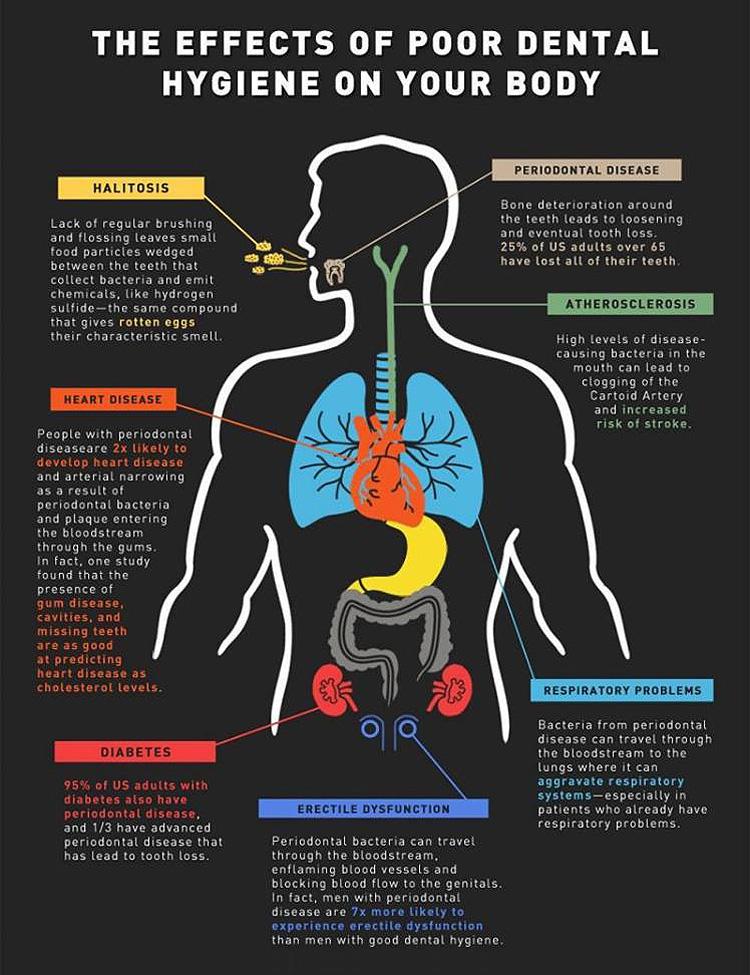
Stream The Root Cause
“You’re going to need a root canal”. Those seven little words rolled off the Dentist’s tongue so completely naturally, but trust me; there is nothing natural about a root canal. After years of searching for cures to my panic attacks, anxiety, chronic fatigue, nausea, dizziness, agitation and impotence I finally tracked down the root cause of the problem causing my health issues – A ROOT CANAL. 25 million are performed each year in the USA alone – and root canals are one of root causes of cancer, heart disease and chronic illness. Root Cause is my extraordinary, personal journey of self-discovery set to send ripples through the dental profession and expose perhaps one of the world’s greatest medical industry cover-ups..
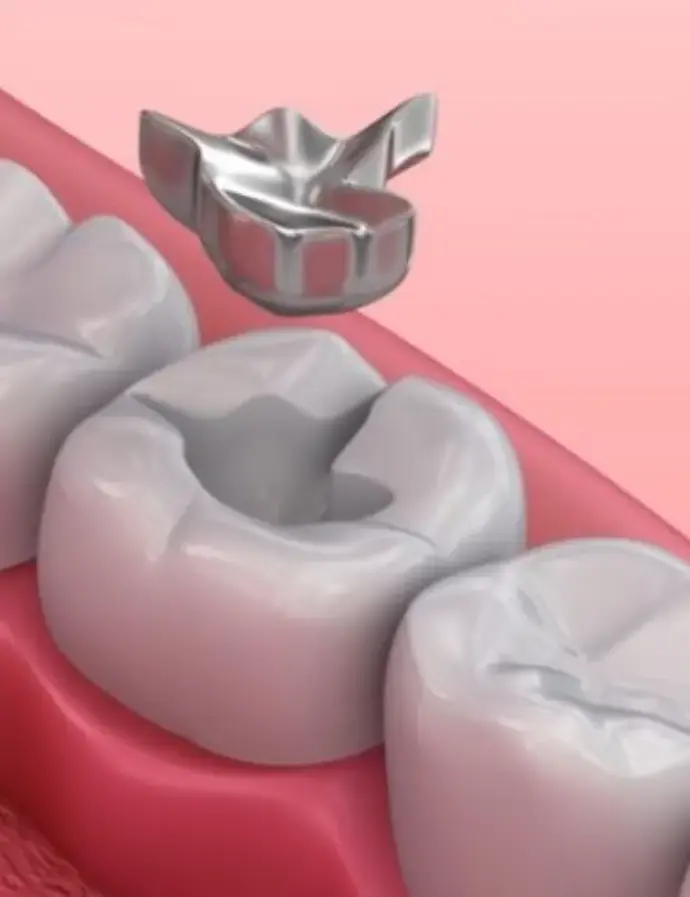
Mercury Safe Removal
Dr. Zraiqat recognizes the impact mercury can have on your oral health, overall well-being, and quality of life.
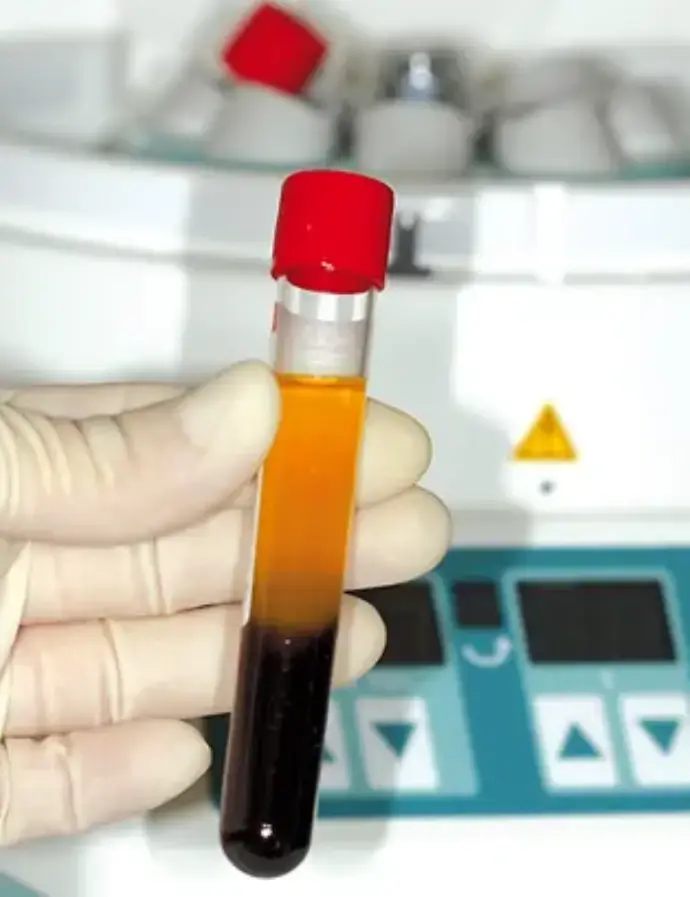
Extractions & L-PRF
L-PRF™ is a 3-D autogenous combination of Platelet Rich Fibrin derived from the patient’s blood.

Dental Hersbs & Homeopathy
Dr. Zraiqat recognizes the impact mercury can have on your oral health, overall well-being, and quality of life.
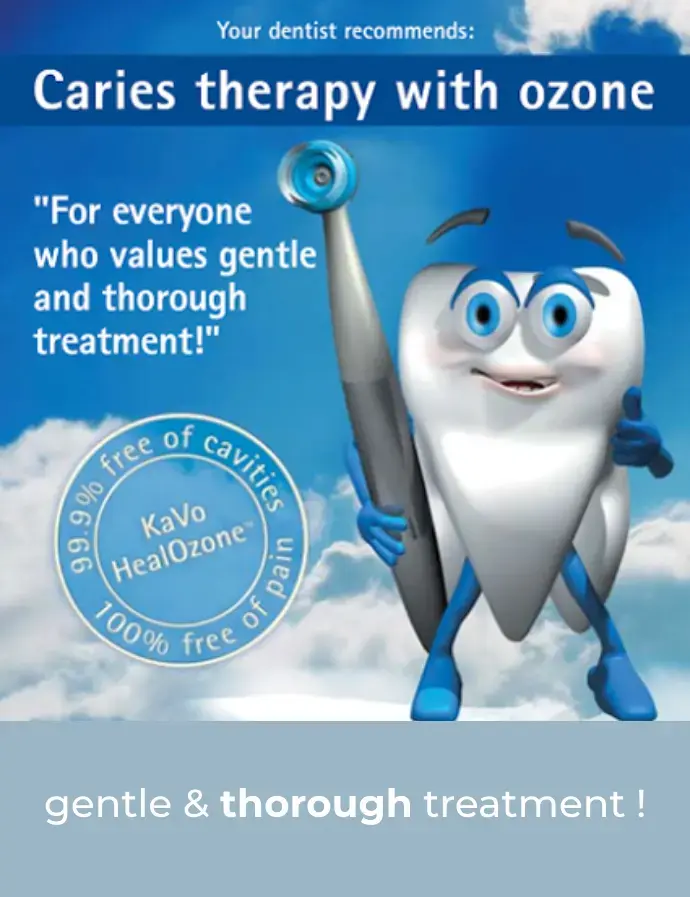
Dental Ozone
Infection control is a major challenge in dentistry due to the mouth's abundance of microorganisms. Dental ozone therapy helps manage these microbes, improving oral health..

Zirconia Ceramic Implants
Over 60 years ago, a Swedish doctor named Branemark made the groundbreaking discovery that.

Cosmetic Dentistry
Dr. Zraiqat is collaborating with Dental DNA to conduct tests that detect and evaluate microbial DNA in root canals.

Biocompatibility Testing
Dr. Zraiqat is collaborating with Dental DNA to conduct tests that detect and evaluate microbial DNA in root canals.
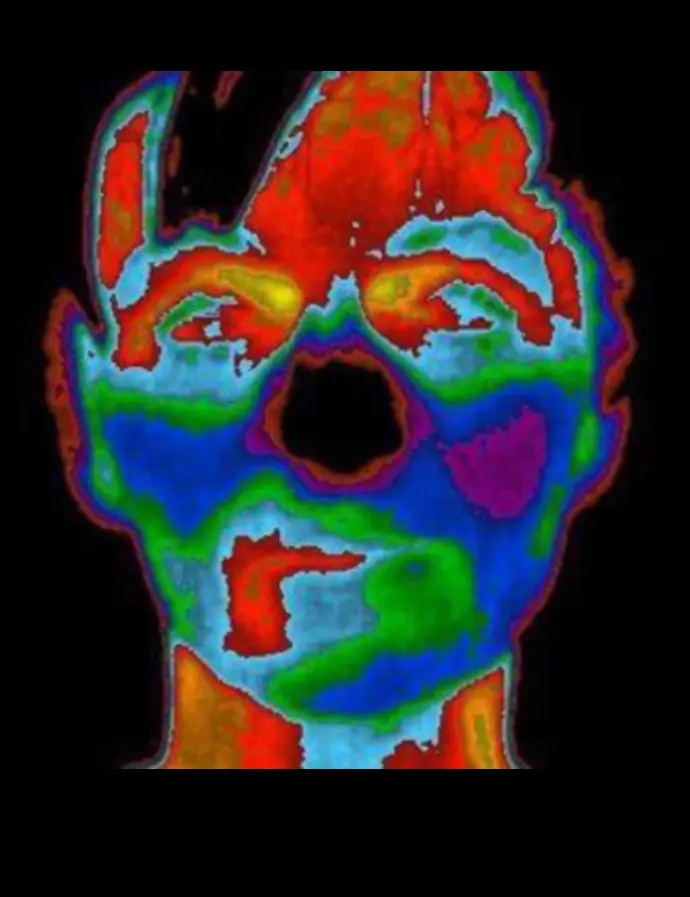
Dental Thermography
Dr. Zraiqat is collaborating with Dental DNA to conduct tests that detect and evaluate microbial DNA in root canals.
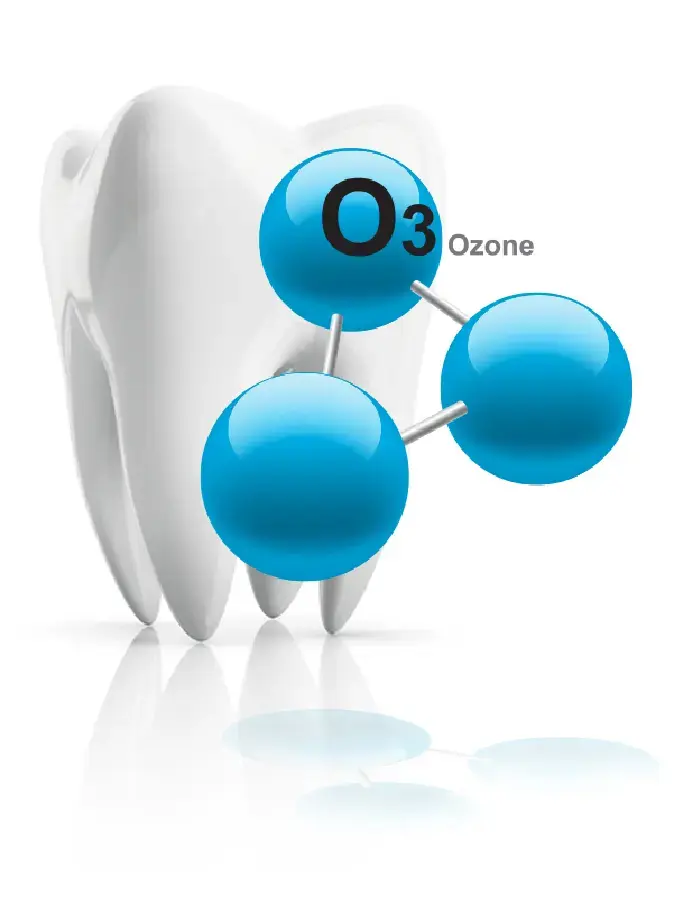
"Gum" Disease & Ozone
Traditional teeth cleanings, deep cleanings, and gum surgery don’t always succeed in treating gum disease.
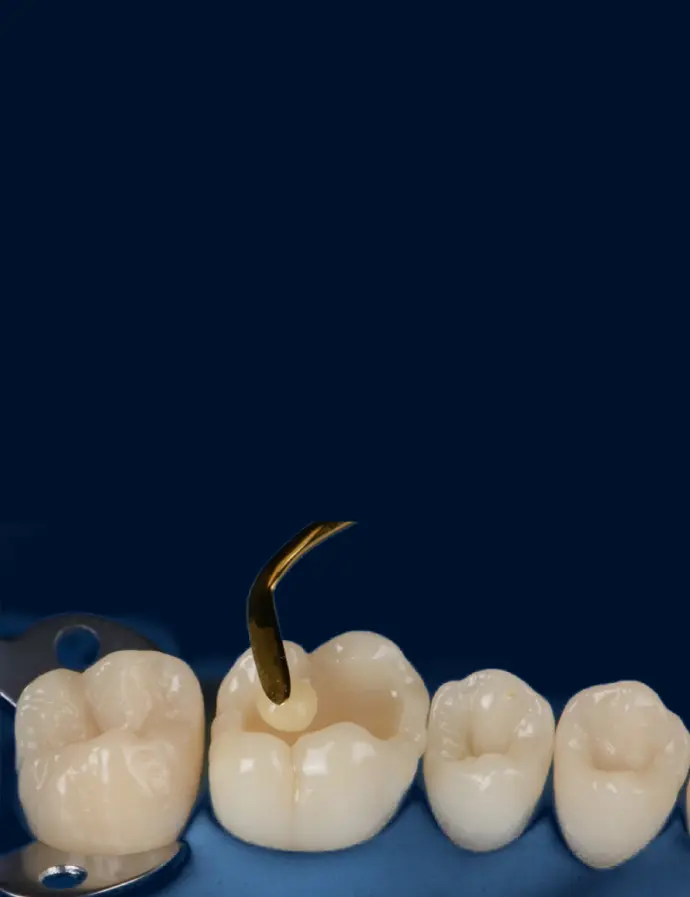
Biocompatibility Dentistry
Biomimetic dentistry, literally meaning to mimic what is life-like, aims to replicate the natural properties and functions of teeth.

"Gum" Disease & Ozone
Traditional teeth cleanings, deep cleanings, and gum surgery don’t always succeed in treating gum disease.

SMART Certified : Specializing in Safe Mercury Amalgam Removal & Accredited by the International Academy of Oral Medicine & Toxicology (AIAOMT)
Dr. Zraigat is one of a few dentists in the United States that has dual certification for safely removing mercury fillings. He's SMART (Safe Mercury Amalgam Removal Technique) Certified by the International Academy of Oral Medicine & Toxicology (IAOMT) and certified in safe amalgam removal by the International Association of Mercury-Safe Dentists (IAMSD).
Dr. Zraigat is also accredited by the IAOMT (an award not common among other holistic dental practitioners in the area), signifying that he is proficient in the principles and foundations of biocompatible dentistry and that he has completed the IAOMT’s advanced educational programming about biological dentistry.
Accredited & Founding Member of
Nurturing Healthy Smiles Naturally
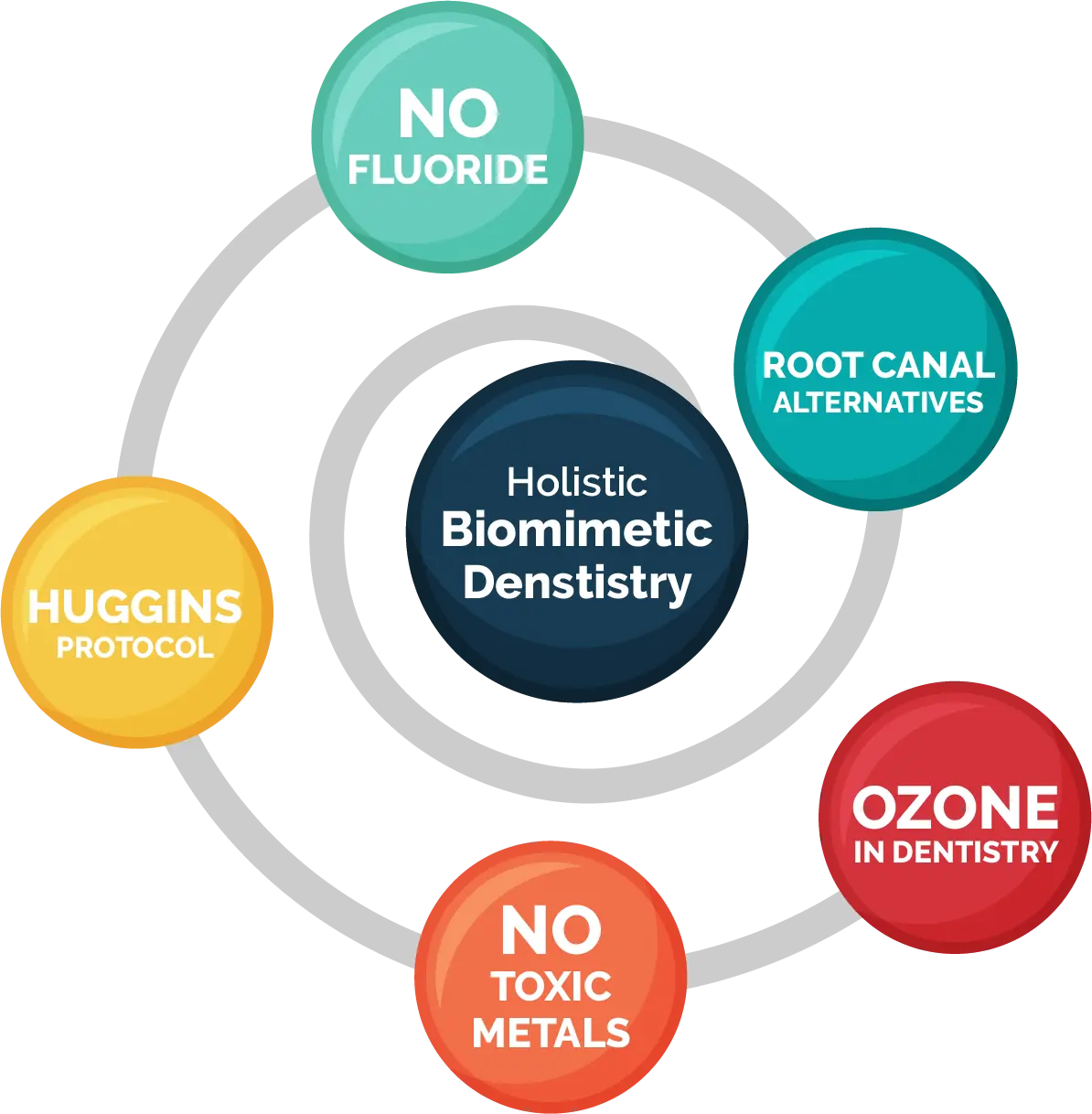

4.8
Some picks and thoughts from our customers at Holistic Dental Arts over Google Places Reviews Total Reviews 168 Reviews
168 Reviews
View All

4.5
Some picks and thoughts from our customers at Holistic Dental Arts over Yelp Total Reviews 113 Reviews
113 Reviews
View All



